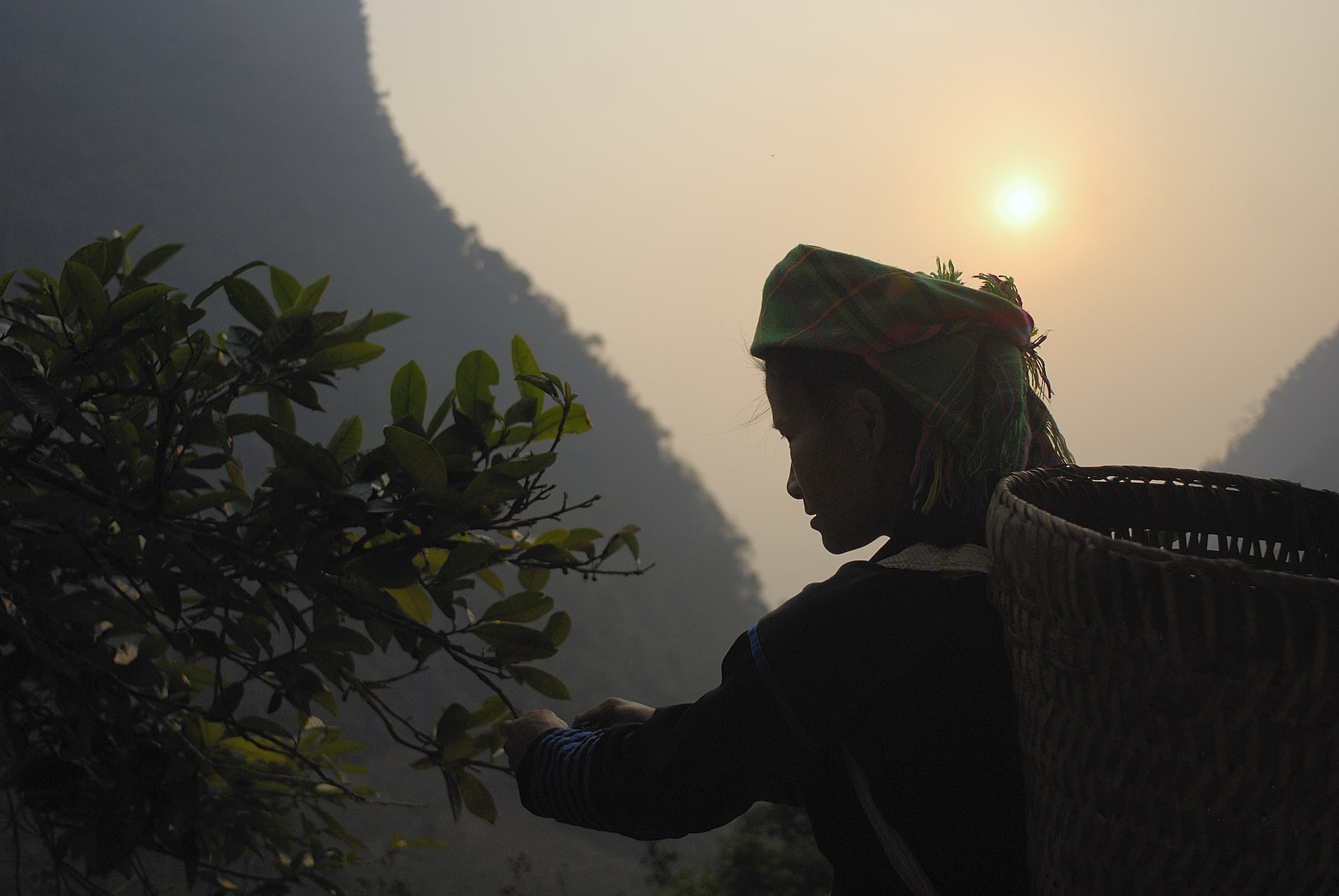
Are you ready for the Supply Chain Act?
The guidelines and reporting obligations of Canada’s new Fighting Against Forced Labour and Child Labour in Supply Chains Act are easier to navigate with Fairtrade Canada by your side.
What is the Supply Chain Act?
Bill S-211 got Royal Assent and the Fighting Against Forced Labour and Child Labour in Supply Chains Act came into effect January 1, 2024. It requires companies to report on the measures they have taken to prevent forced labour and child labour at any stage in their production of goods (the ‘supply chain’).
The Bill encompasses a company’s domestic activities and any activities that take place abroad, including through subsidiary companies or suppliers.
The first report is due May 31, 2024, and must outline the measures taken to prevent forced labour and child labour during the previous financial year.
Is your business required to submit a report?
Does your company meet at least two of these three criteria for at least one of its two most recent financial years?

$20 million or more in global assets

$40 million or more in global revenue

250 or more employees globally
Any corporation, trust, partnership, or other unincorporated organization that meets at least two of the three criteria and has a place of business in Canada, does business in Canada, or has assets in Canada, and whose activities include producing, selling, or distributing goods in Canada or elsewhere, importing goods into Canada, or controlling an entity engaged in any of these activities, must submit a report.
Any entity listed on a Canadian Stock Exchange must also submit a report, even if two out of three criteria are not met.
How can Fairtrade support businesses?
Is your company certifying products with Fairtrade? That information can be included in your report as an action you’re taking to help prevent forced labour and child labour in your supply chains. Fairtrade has long supported and expected Fairtrade certified organizations to take some human rights due diligence measures, including risk assessments, policies, and remediation work. Here’s how we continue to bring fair due diligence to the core of our work:

Standards
We are currently strengthening the due diligence requirements for all Fairtrade certified organizations – traders and processors, plantations, farmer cooperatives and contract production settings.
Support
Fairtrade offers ongoing advice, training, and program-based support to farmers, workers, miners, and management at plantations and factories. Our tools for this work include the Fairtrade Risk Map.


Funding
We channel funds to producers through Fairtrade Minimum Prices, Fairtrade Premium, and programs to strengthen producers’ position and due diligence measures.
Business services
Fairtrade can support each step of the corporate due diligence. We can support risk assessment, prevention, mitigation, and meaningful engagement between companies and affected people.

Supply Chain Act resources
Fairtrade is your partner in human rights and environmental due diligence.

Fact sheet
More information about the Supply Chain Act and the requirements now in effect.

Fairtrade Risk Map
A tool to help assess the human rights and environmental risks in your supply chain.

Reporting messaging
Ready-made declarations that can be easily included in your report.

Ready to get Fairtrade certified?
We’re in this together. Get in touch with the Fairtrade Canada team and we’ll work with you to better understand your business, your specific needs, and help you create a plan for getting certified.